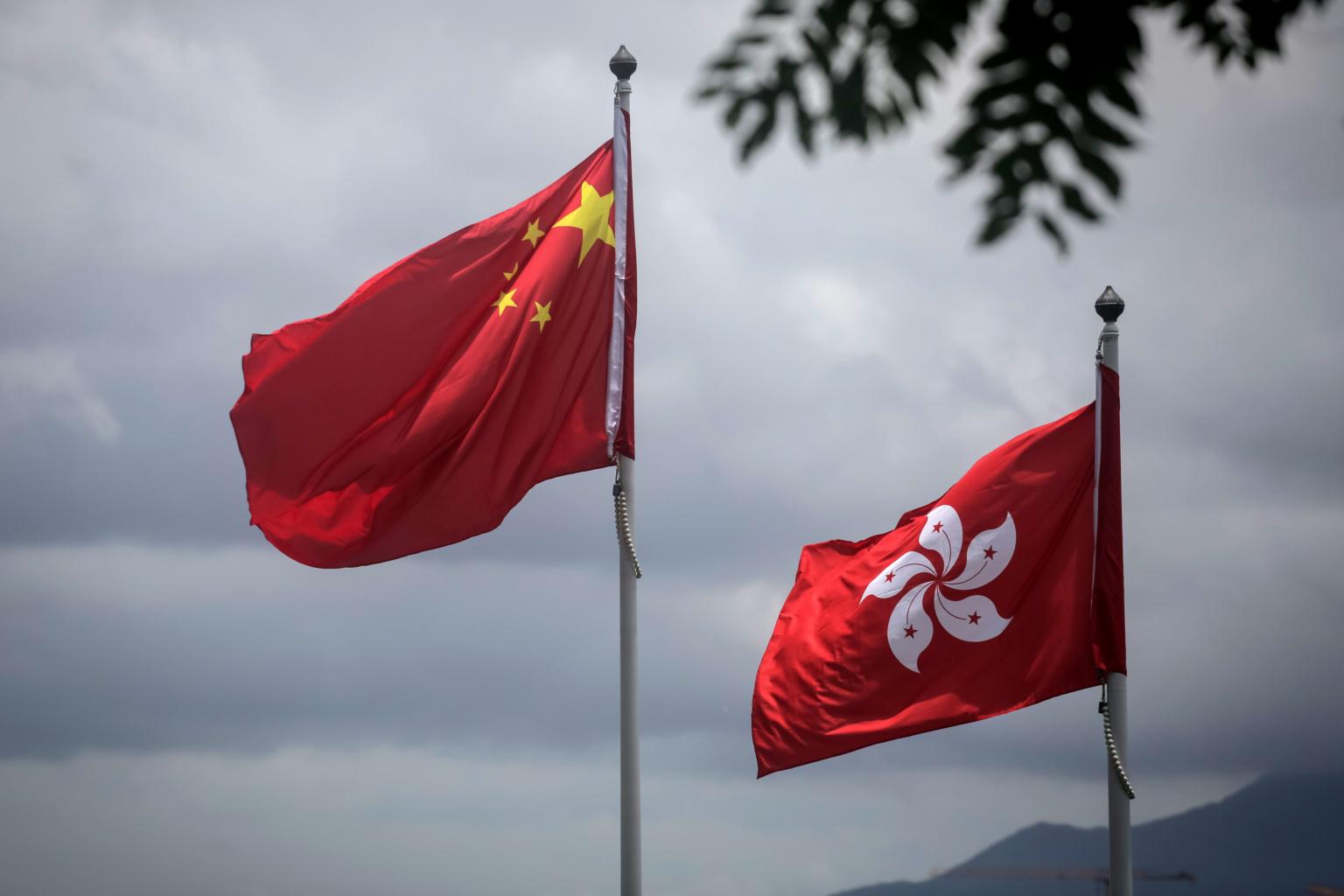Financially intertwined: Why China needs Hong Kong to stay the same
Sign up now: Get insights on Asia's fast-moving developments

Hong Kong has been a key source of offshore funding for Chinese companies for more than two decades, and the inflow of cash and business from China has greatly benefited the city.
PHOTO: AFP
HONG KONG (BLOOMBERG) - Hong Kong's ties with mainland China have never appeared more fragile, as protesters demand greater freedoms while Beijing expresses frustration at the turmoil.
Amid rising tensions, there are concerns that Chinese authorities may take direct action to quell the unrest.
But the two economies have become so financially intertwined that officials have powerful incentives to preserve the status quo.
The former British colony has been a key source of offshore funding for Chinese companies for more than two decades, and the inflow of cash and business from the world's second-largest economy has greatly benefited the city.
Here's a look at how much the two markets have come to rely on each other: Hong Kong is the biggest offshore market for China's state-run banks, which have about 7 per cent of their total assets in the city.
Bank of China Ltd., whose BOC Hong Kong Ltd. unit is one of the city's three note-issuing banks, derives about a fifth of operating income from Hong Kong and nearby Macau.
Chinese companies, especially cash-strapped property developers and local government financing vehicles, use Hong Kong to issue billions of dollars in debt, despite the higher borrowing costs demanded by international investors.
Hundreds of China-domiciled companies are listed in Hong Kong, including national leaders such as Tencent Holdings Ltd. and CNOOC Ltd. Chinese companies have raised more than US$100 billion (S$139 billion) from initial public offerings in the city since 2015, about 80 per cent of the total.
Some Chinese residents who want to convert their yuan into dollars have been using Hong Kong insurance products as a proxy. The offerings, often paid for with credit cards, allow purchasers to bypass China's strict capital controls and effectively hold the city's dollar-pegged currency.
Hong Kong has been the most popular destination for China's foreign direct investment outflows, with US$981 billion by the end of 2017, thanks to its low tax rate and independent legal system.
Trading in Shanghai via Hong Kong's stock exchange started in 2014, part of an effort to open the mainland's markets to offshore investors. The stock connect system accounted for 8 per cent of total turnover on the Shanghai Stock Exchange last year.
Outstanding China-related loans by Hong Kong banks totalled more than US$560 billion at the end of the first quarter, according to the Hong Kong Monetary Authority.


